Amsterdam-based Seenons, a tech platform for circular waste management, announced on Tuesday, January 12, that it has partnered with the Dutch national government for a 6-year partnership for circular waste management.
The Ministry of Economic Affairs and Climate Policy has chosen to effectively and sustainably organise waste transport at 475 locations around the Netherlands, including various influential government organisations such as the Municipality of Amsterdam, the Royal Household, and the Social Insurance Bank.
Maurice Goudsmith, Waste Management and Raw Materials Management, Ministry of Economic Affairs & Climate, says, “We made a choice to work with Seenons very carefully. Redesigning our waste logistics and processing is an important part of our overarching sustainability goals. We can make a significant impact with this.”
“In addition to the tech expertise that Seenons offers us to link every location, every waste stream to the right carrier, they can also give us insight into the environmental impact in this area. Ultimately, their technical expertise can also help us connect to the right processors. Overall, with this change, we can manage the business process more efficiently and thus purchase smarter at the front. After all, purchases and use generate waste. We look forward to this collaboration and the path we will take towards our sustainable goals,” Goudsmith adds.
What does Seenons offer?
Founded in 2019 by ex-BCG consultant Joost Kamermans and platform entrepreneur Jorn Eiting van Liempt, Seenons addresses the growing challenges of waste. The company has developed a technology to bring stakeholders in the waste chain together and claims that it is the only platform in Europe that caters to the fine-mesh waste streams.
The company’s platform matches waste, also known as residual flows, with the right processor. The processor turns it into a new product or processes it into green electricity or biogas. This gives the waste a new life. For example, coffee grounds are processed into soap or used as raw material for oyster mushrooms.
If there isn’t a ‘match,’ the technology ensures that waste is taken away in the most efficient and sustainable way, utilising the existing transport network for maximum efficiency, reducing CO2 emissions and traffic in cities.
Aim of this collaboration
The partnership between Seenons and the national government looks to embark on a path toward sustainable waste transportation. The 6-year partnership will eventually assure the circular usage of raw materials that are presently often lost as industrial waste.
Currently, the same logistics company that transports and processes waste ends up with it after it leaves different central government facilities. The waste’s final destination is unknown or poorly understood, and gets frequently treated as residual waste. In addition to harming the environment, shipping and processing can result in the loss of priceless raw resources. This changed as of January 1, 2023.
For the majority of waste streams, the national government has chosen Seenons to manage logistics sustainably. Seenons claims that it is able to assist the government in moving toward a much reduced environmental effect as it is an important tech player in the waste industry.
Waste logistics are set up at all 475 sites, according to the related organisations, so that industrial waste is connected via the Seenons platform, per waste stream, to an effective and environmentally friendly carrier. The national government itself makes sure that the different waste streams are sent to the suitable processor.
Joost Kamermans, CEO and co-founder of Seenons, says, “There is still a challenge in having the many waste streams processed as efficiently as possible after they have been collected by the various carriers. This is partly due to the specific locations throughout the Netherlands where the processors are located (think of driving as few kilometres as possible). We want to be as transparent as possible in every area and provide insight into where the waste comes from and ends up.”
Kamermans further adds, “We, with the whole team, are very much looking forward to making a sustainable impact on a significant level together with all these locations. It would of course be great if we could inspire several organisations to organise waste logistics and processing in a sustainable way, on the way to circular waste processing.”




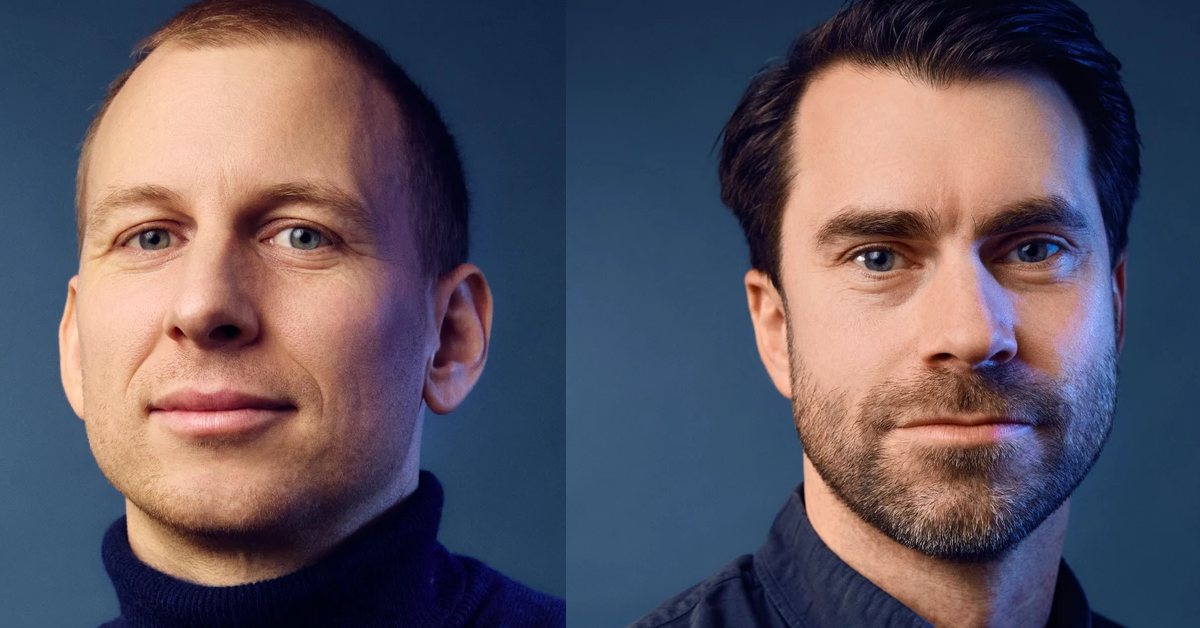
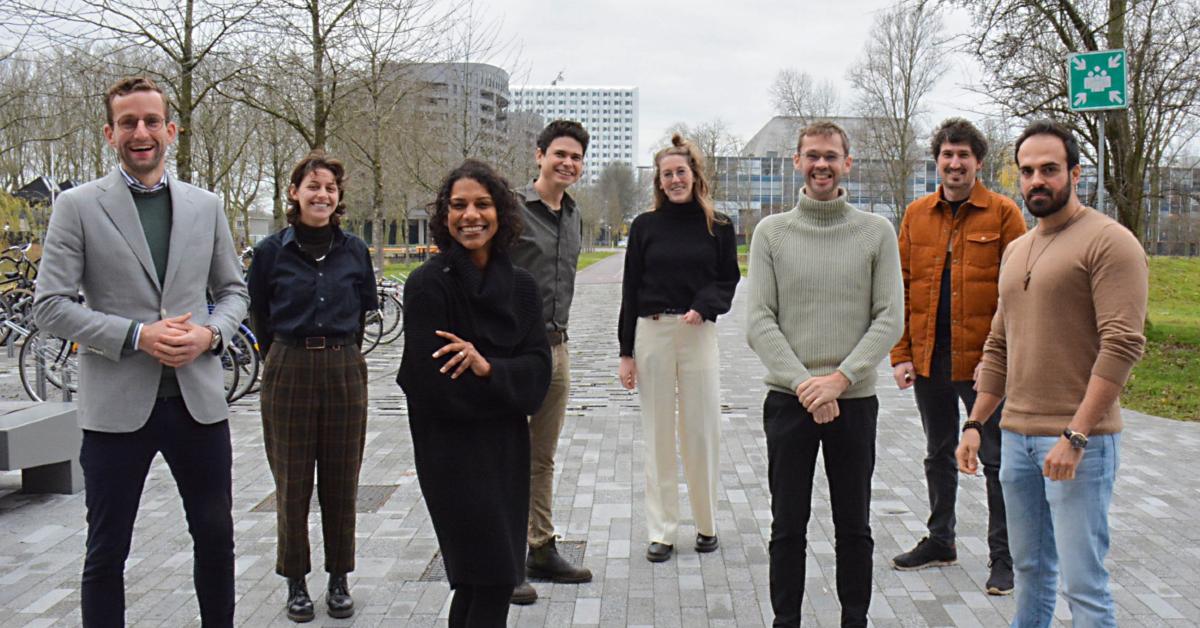
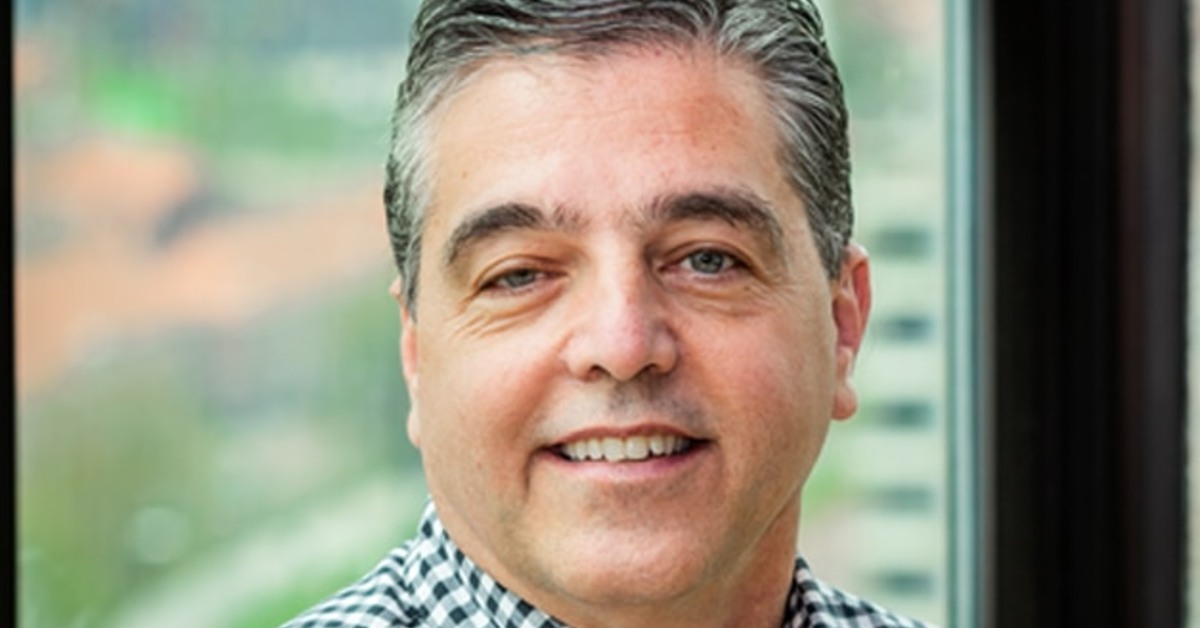
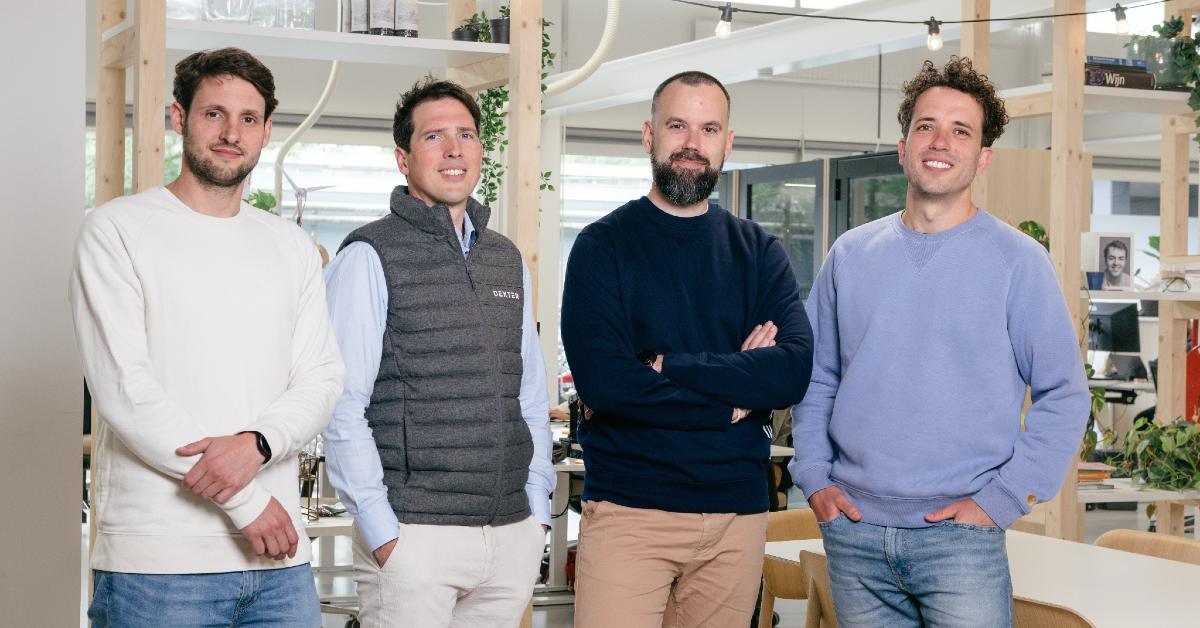
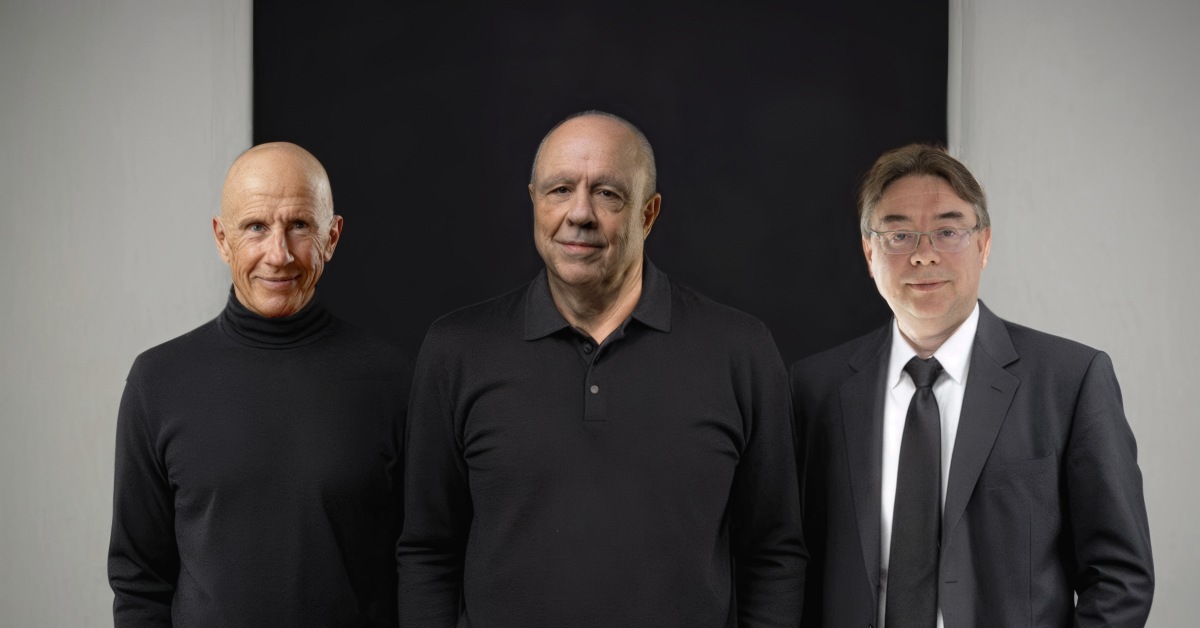

01
From telecom veteran to Dutch Startup Visa success: The Jignesh Dave story